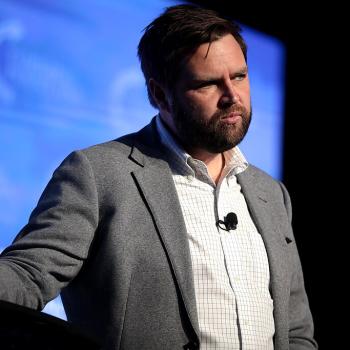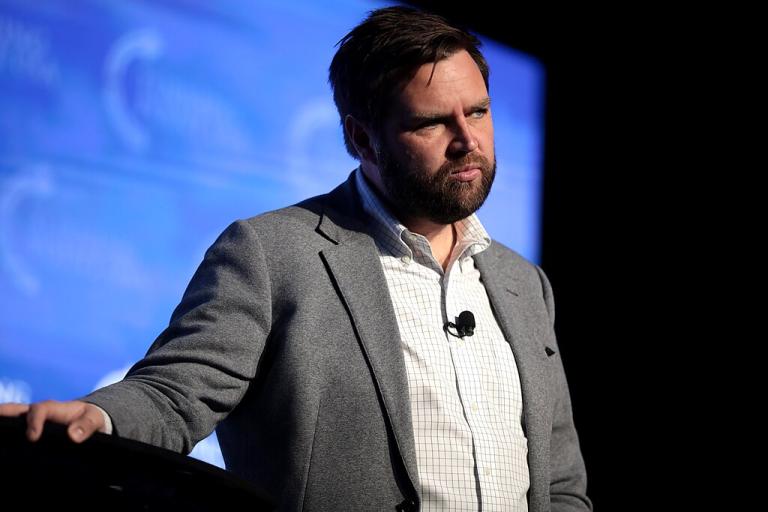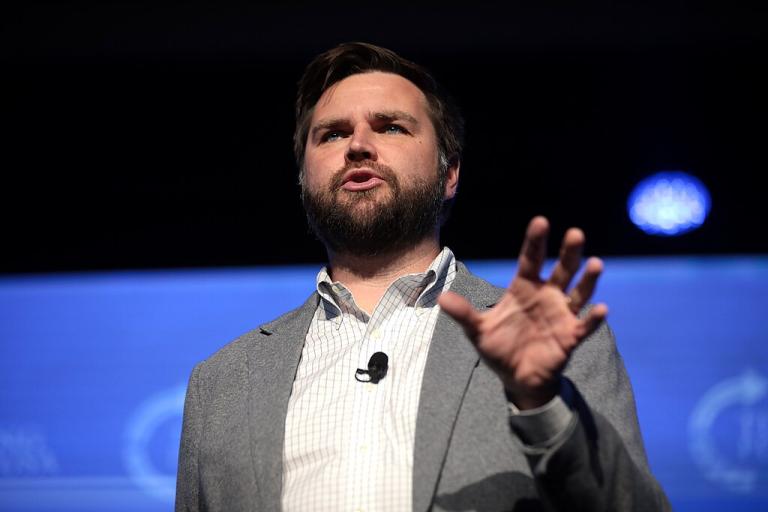Democrats are giddy with excitement about their presidential candidate Kamala Harris. She is one of their own, an unabashed woke progressive. Now concerns about age that led to President Biden’s stepping down can be reversed against Republicans and their 78-year-old candidate. Though there were doubts about her popularity at first, now a poll has her beating Trump.
Lots of voters would like a fresh start after the polarization and controversy of the Trump-Biden years. Conservatives can feel that impulse too, especially Reagan-style small-government free market Republicans whose ideology is being repudiated by the “big government conservatives” who now dominate the party. Pro-lifers who resent the party they helped put in power for so long dropping its anti-abortion plank may well feel that neither party is pro-life and that they might as well vote for the Democrats. And many conservative Christians would be glad to have a president without the moral baggage of Donald Trump.
But an article by Erika Ahern at Catholic Vote entitled President Harris? What Catholics need to know should give Harris-considering Reaganites, pro-lifers, Christians, and all-of-the-aboves pause. She reminds us of Harris’s track record and concludes that “Harris surpasses even Biden in one key metric: she is without question one of the most aggressively anti-Catholic career politicians in American history.” Non-Catholics, though, don’t escape her aggression.
Knights of Columbus Bigotry
You may recall the Democrat who opposed one of Trump’s judicial nominations because he was a member of the Knights of Columbus, a Catholic laymen’s organization known mostly for sponsoring fish fries during Lent. That was Senator Kamala Harris, who asked Brian Buescher this:
Since 1993, you have been a member of the Knights of Columbus, an all-male society comprised primarily of Catholic men. In 2016, Carl Anderson, leader of the Knights of Columbus, described abortion as “a legal regime that has resulted in more than 40 million deaths.” Mr. Anderson went on to say that “abortion is the killing of the innocent on a massive scale.” Were you aware that the Knights of Columbus opposed a woman’s right to choose when you joined the organization?
She followed that up by asking Judge Buescher if he was aware that the Knights of Columbus “oppose marriage equality” and whether he would pledge to quit that organization if he were confirmed.
For Harris, the Knights of Columbus is a sinister organization because it is “an all-male society” consisting of Catholics who hold anti-abortion and anti-same sex marriage.
For Kamala Harris, belonging to a church men’s group, such as the Men’s Club in many of our Lutheran churches; adhering to the beliefs of one’s church; believing that abortion kills human beings; and opposing same-sex marriage are all morally repugnant, enough to disqualify someone from public office.
Harris’s bigotry against the Knights of Columbus is why Ahern considers her “anti-Catholic,” and she is surely right. But her antipathy for anyone who is pro-life or questions same-sex marriage applies far more broadly.
Forcing Pro-Lifers to Promote Abortion
It was Kamala Harris, according to Ahern, who, as California’s Attorney General, pushed through a law requiring Pro-Life Pregnancy Centers to post advertisements for free or low cost abortions in their waiting rooms.
The very text of the law called the existence of pro-life alternatives to abortion a “problem,” which conflicted “with California’s proud legacy of reproductive freedom.”
After three years of litigation, the Supreme Court threw out that law.
Protecting Planned Parenthood
Harris has a perfect score on Planned Parenthood’s Congressional Scorecard. And when David Daleiden exposed the abortion provider’s lucrative trafficking in organs and body tissue from aborted children, Attorney General Harris sent agents to ransack his home seeking evidence against him, an effort that culminated in her successor Xavier Becerra, now serving in the Biden-Harris administration as Secretary of Health and Human Services, to file 15 felony charges against him.
Ending Religious Exemptions for Pro-Life Healthcare Workers, Requiring Them to Perform Abortions
As Senator in 2019, Kamala Harris introduced the “Do No Harm Act,” which would stop the Religious Freedom Restoration Act from being applied to healthcare workers, thus requiring pro-life medical professionals to perform abortions and transgender surgeries despite any religious objections that they might have.
Ending Religious Exemptions for Those Who Reject Gender Ideology
Senator Harris also pledged to enact the “Equality Act,” which would stop the Religious Freedom Restoration Act from being applied to issues of gender equality. This would force Christians and their institutions to accept transgenderism.
I don’t know if Kamala Harris is, as Erika Ahern says she is, “one of the most aggressively anti-Catholic career politicians in American history.” That may well be. I would say, however, based on Ahern’s evidence, that Harris without question is one of the most aggressively pro-abortion and anti-religious liberty career politicians in American history.
Photo by Gage Skidmore from Peoria, AZ, United States of America, CC BY-SA 2.0 <https://creativecommons.org/licenses/by-sa/2.0>, via Wikimedia Commons



















